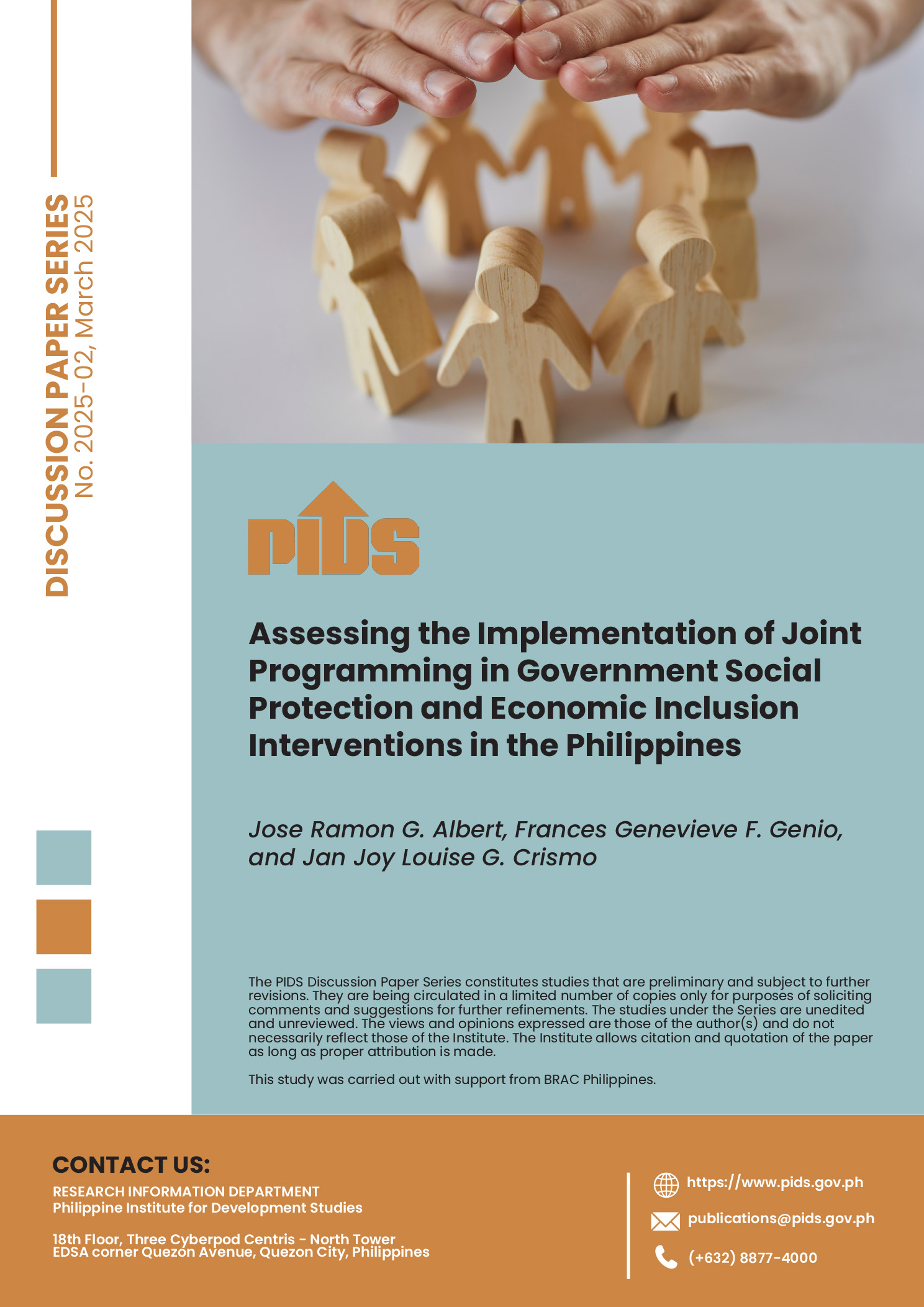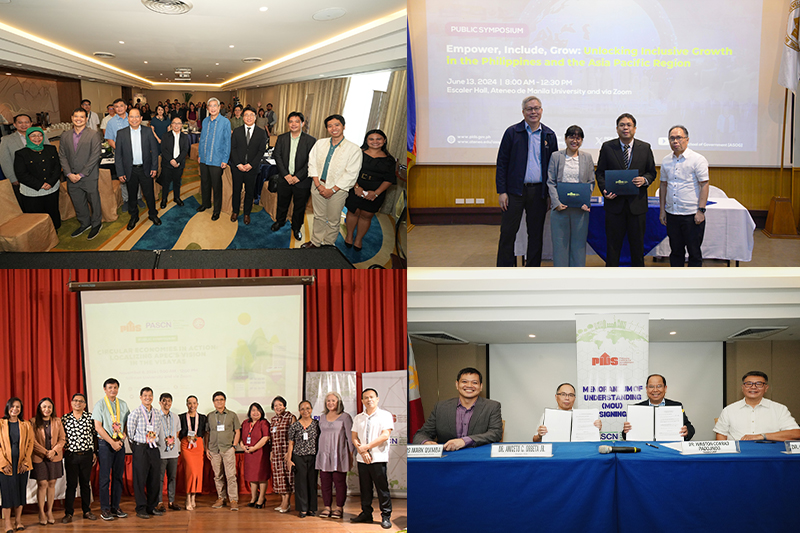More than a year before President Duterte issued Executive Order 52 prohibiting illegal contracting and subcontracting on May 1, Labor Day, this paper had featured a study released by the Philippine Institute for Development Studies (PIDS) in December 2016, which said the government’s plan to end contractualization could lead to layoffs and greater inequality in the country.
In the study, titled “Beware of the End Contractualization! Battle Cry,” PIDS research fellows Vicente B. Paqueo and Aniceto C. Orbeta Jr. said ending contractualization would be more expensive for companies than the government estimated. Hiring more permanent employees would increase the cost of firms by about 30 percent to 40 percent, higher than the government’s estimate of around 10 percent.
“The dilemma is that, on the one hand, limiting government action to tightening enforcement might not be enough to eliminate endo practice, as promised by President Duterte. On the other hand, aggressive threats of government harassment, huge penalties, business closures, as well as prohibition of all forms of TECs [temporary employment contracts] to close ‘loopholes’ could lead to unintended adverse consequences like reduction in job opportunities and inclusive growth,” Paqueo and Orbeta said.
Now, just a little over two months after the President banned contractualization, Rep. Ariel Casilao of Anakpawis party-list claims at least 200,000 workers have already been fired, based on data gathered by the labor group Kilusang Mayo Uno (KMU). He said several of the country’s biggest companies have chosen to terminate their contractual workers instead of regularize them in accordance with the President’s EO and the labor law provision that those whose jobs are directly related to the business of a company cannot serve as a contractual employee for more than six months.
One of those cited is the case of telecommunications giant Philippine Long Distance Telephone (PLDT) Inc., which recently shed some 7,000 contract workers. The Department of Labor and Employment (DOLE) insists PLDT must regularize these 7,000 contractuals, but PLDT counters that the onus is on the DOLE, while denying it terminated the employment of its workers.
“The DOLE has ordered 38 service contract providers of PLDT, including our call center and business-process service, to cease and desist from providing services to PLDT,” the telco said in a statement. “PLDT did not terminate these service contracts.”
From June 2016 up to June 2018, a total of 182,915 contractual workers have been regularized following the labor department’s campaign against illegal work contracting and subcontracting. The DOLE has ordered the regularization of another 76,000 workers from top local companies, which they found to be engaged in illegal labor-only contracting. We are talking of just another 76,000 workers out of an estimated 1.3 million contractual employees in the Philippines, and with the PLDT case, just around 7,000 workers out of 76,000—but already the government finds a big fight on its hands; already there is much bickering, finger-pointing, talks of impeding business and halting all but the most essential operations of a very essential telecommunications service provider.
This alone illustrates why it is so hard to ban—with a shotgun approach and apparently without benefit of a better-thought-out strategy—all forms of contractualization and enforce workers’ right to security of tenure, even if it is guaranteed not just by any law but by the Constitution itself.
Security of tenure has become elusive and ambiguous in many workplaces today, not just here but in other countries all over the world. Service contracting has become a major driver of economic growth in the Philippines and other countries, with more companies engaging in contracting and subcontracting.
Almost any kind of service or operation is being contracted out nowadays. For many businesses and even for many governments, it has become an accepted practice that is part of reducing operational costs. Many of what were once regular jobs have become contractual.
IBON Foundation estimates that 4 out of 10 (43.5 percent) rank-and-file workers in establishments with 20 or more employees are now hired under various contractual or non-regular employment schemes. Even business process outsourcing, where the Philippines is a global industry leader, could be considered a form of contractualization. Big corporations routinely outsource and offshore their back-office operations overseas to countries like the Philippines to reduce costs.
It also bears noting that the so-called gig economy has steadily grown in many countries, including the Philippines, signaling an increasing resort to a more flexible arrangement that both the business and the workers deem suits them well.
Maintaining the balance between the need for labor flexibility and ensuring full-time employment is a tightrope act. Perhaps the labor department can manage a more rational, calibrated strategy that would allow it to better enforce workers’ rights while at the same time not adversely affect the overall business environment and shed the very jobs it wants workers to keep.












